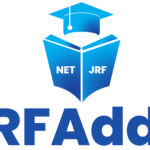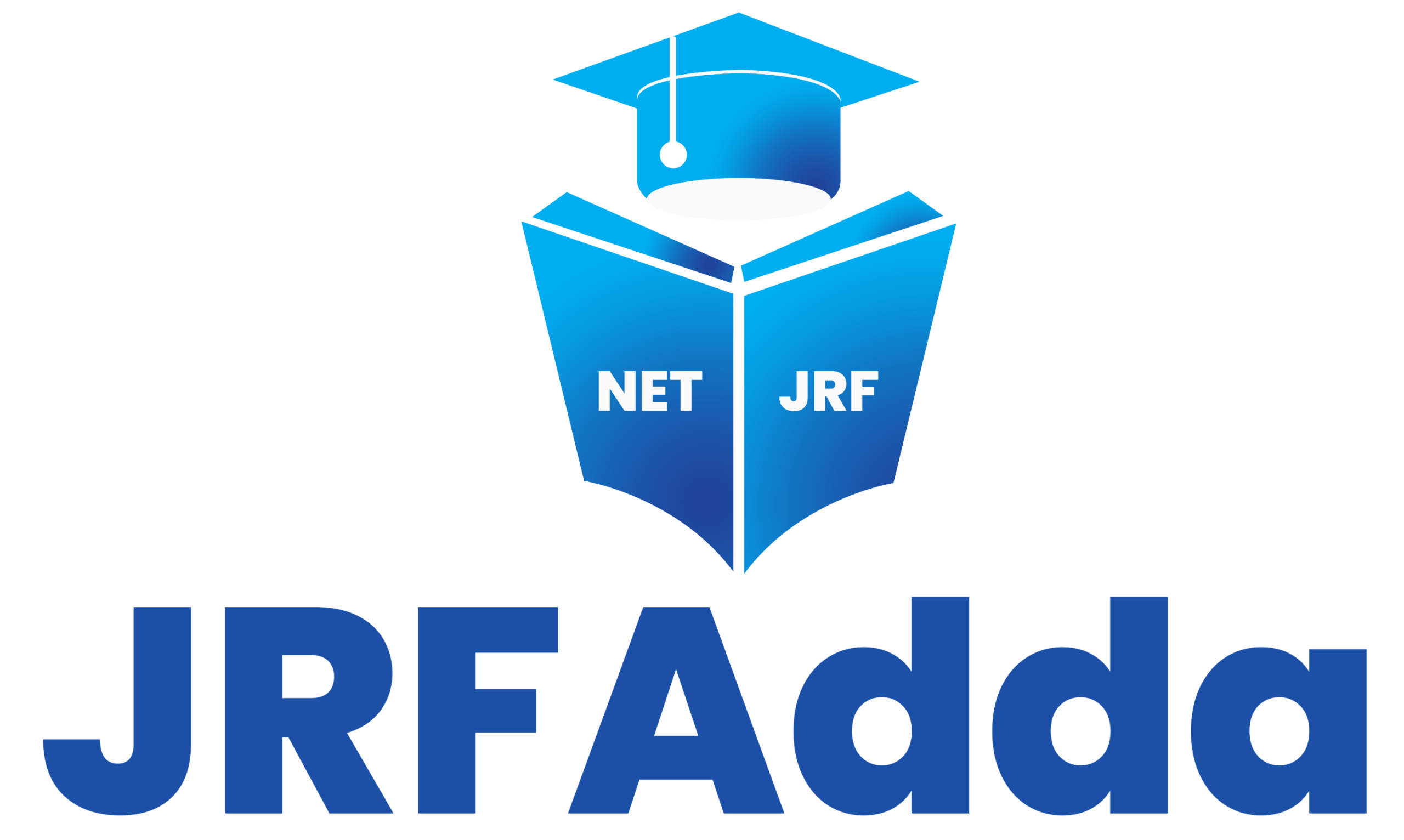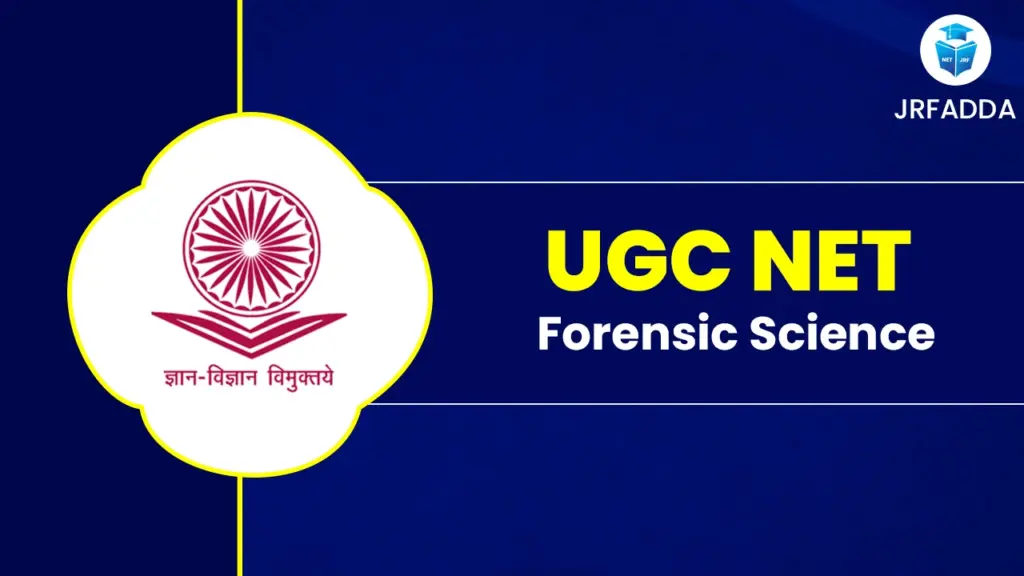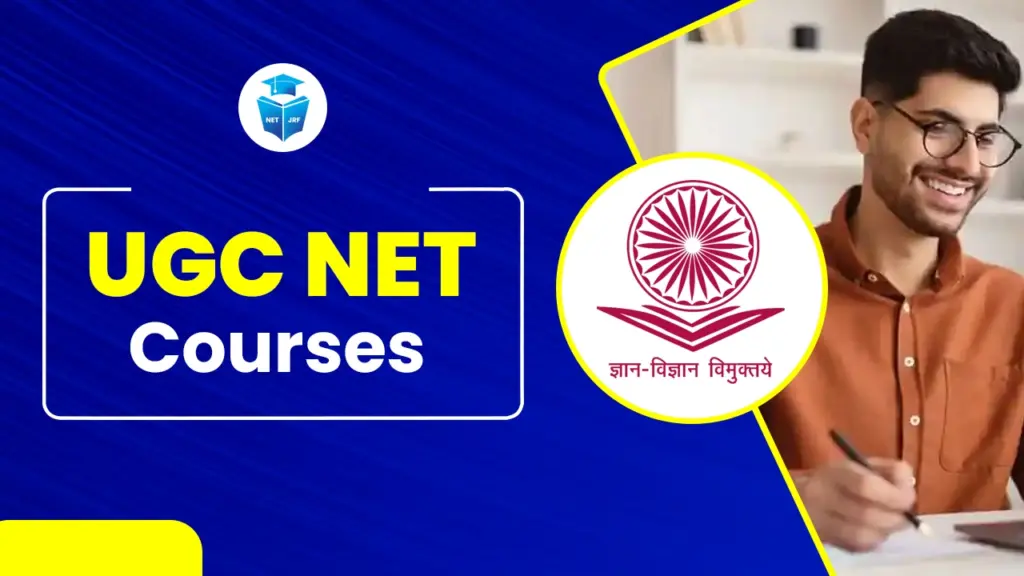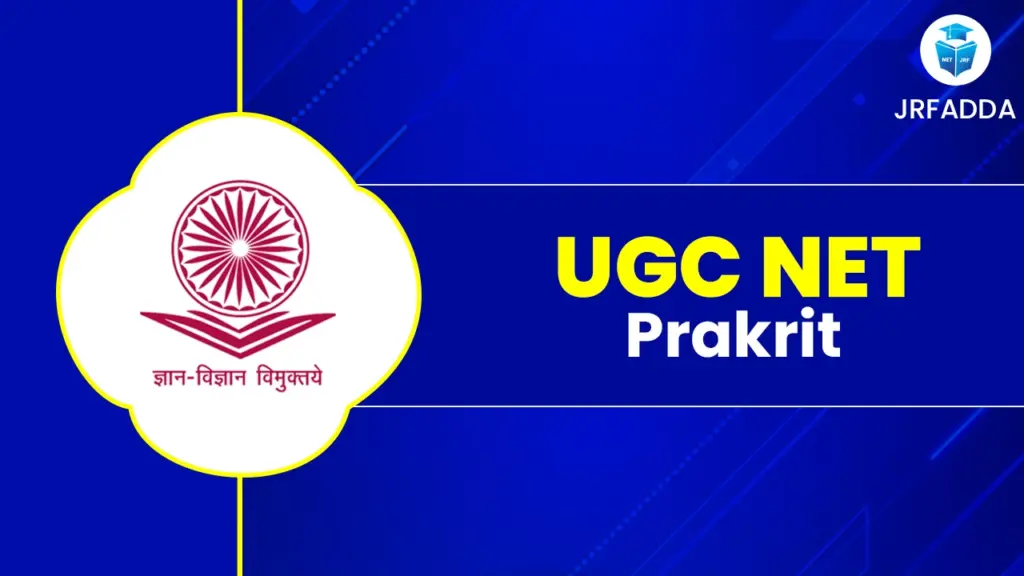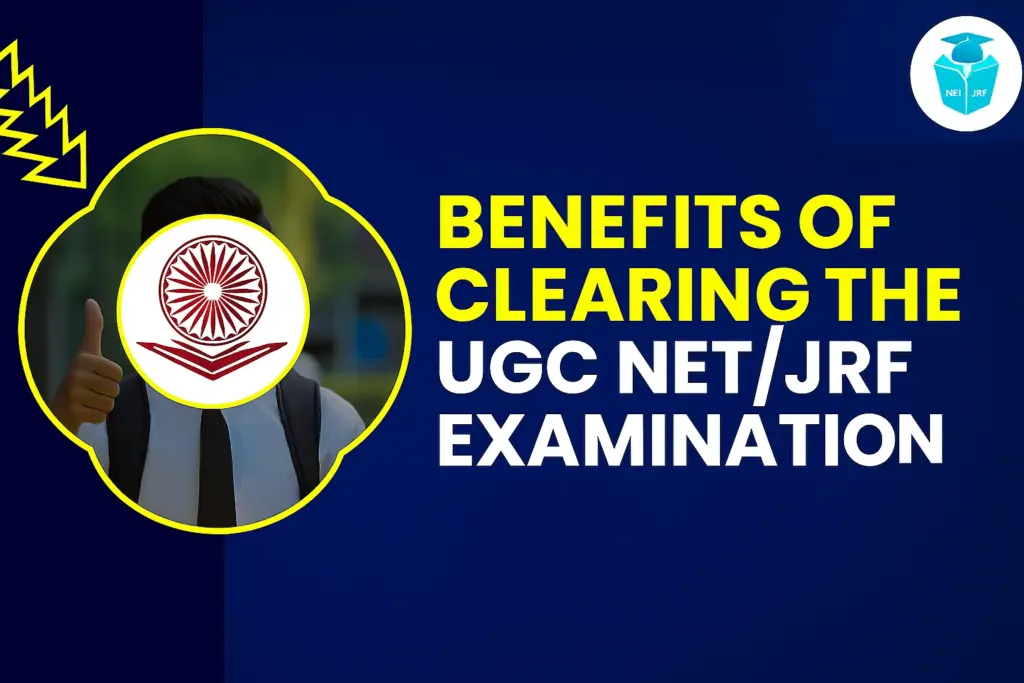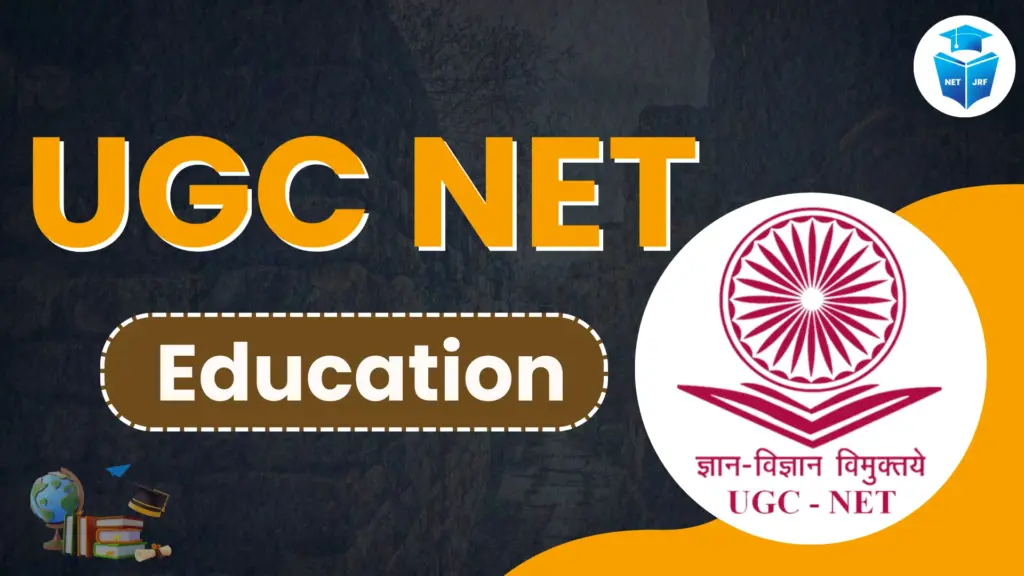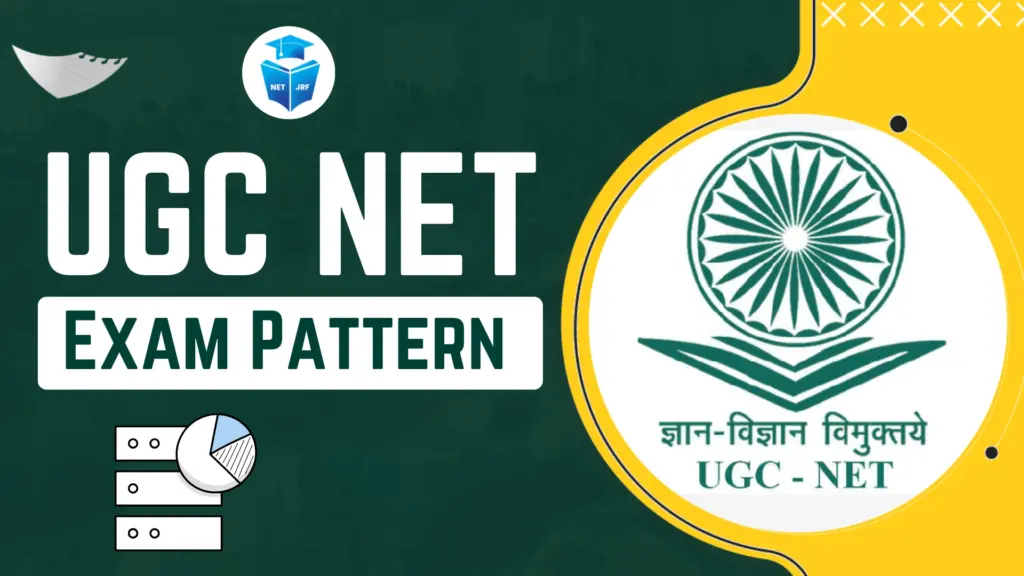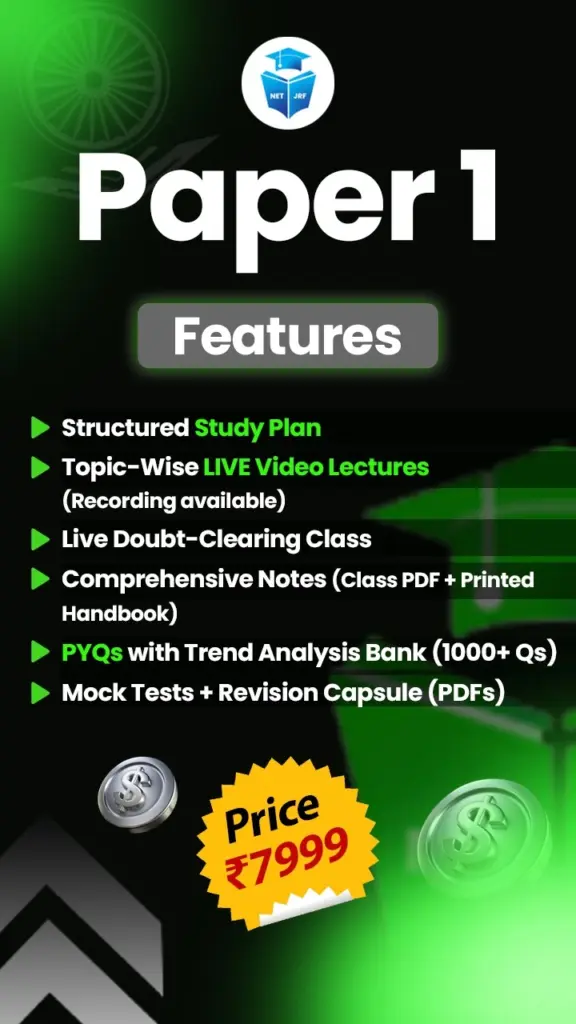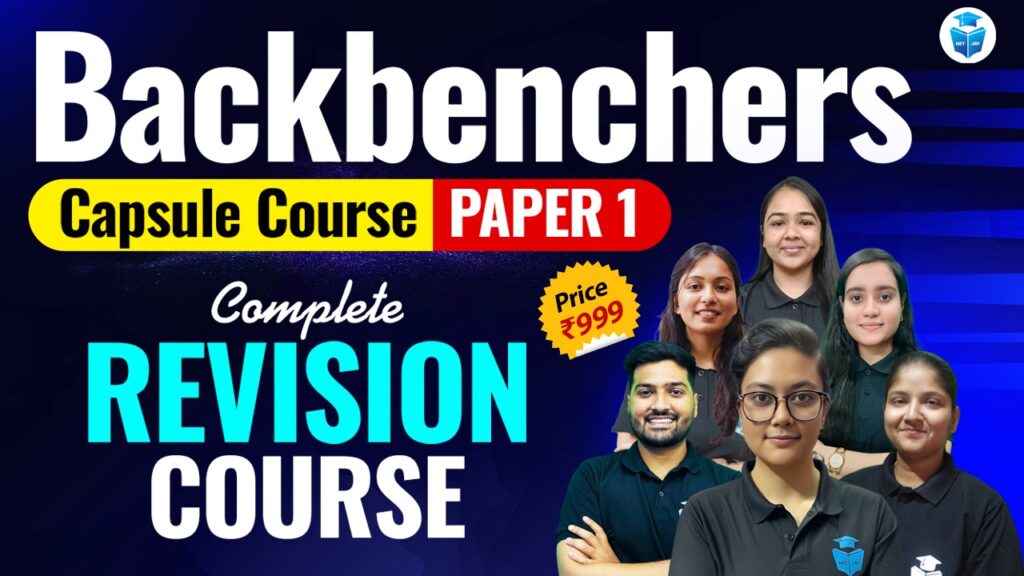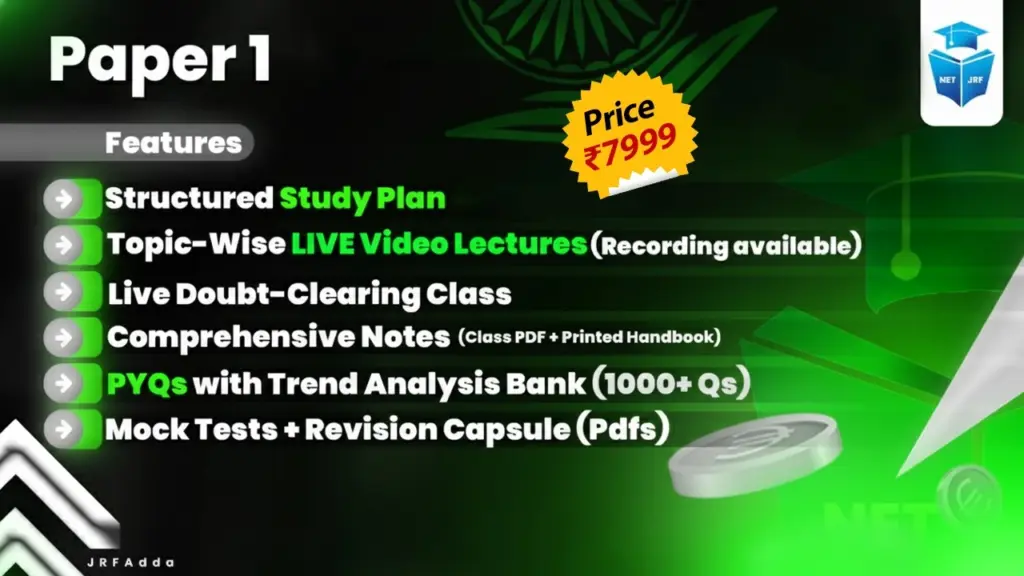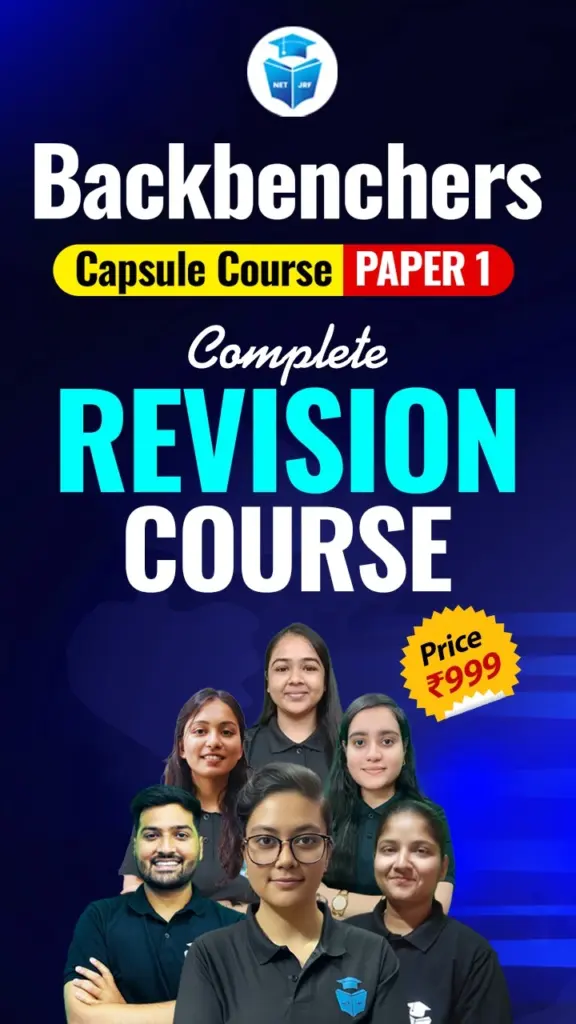UGC NET Forensic Science 2025 (December Cycle) exam has been conduct by the National Testing Agency (NTA) in 2nd January 2026 in the 1st shift. This national-level examination is a key qualifying test for aspirants looking to pursue careers as Assistant Professors or obtain the Junior Research Fellowship (JRF) in the specialized field of Forensic Science.
Also Read: UGC NET Exam Date 2026
What is UGC NET Forensic Science?
UGC NET Forensic Science 2025 is one of the specialized subjects offered under the UGC NET scheme. This exam assesses a candidate’s expertise in various disciplines of forensic science including biology, chemistry, toxicology, ballistics, and digital forensics.
Qualifying the UGC NET Forensic Science 2025 exam enables candidates to:
- Apply for Junior Research Fellowship (JRF) in recognized research institutions.
- Become eligible for Assistant Professor roles in forensic science departments across Indian universities.
It is a crucial credential that ensures academic and professional excellence in the field of forensic science.
Also Read: UGC NET Exam 2026
UGC NET Forensic Science Eligibility Criteria
Candidates aspiring to appear for the UGC NET Forensic Science 2026 exam must meet the following eligibility criteria:
Educational Qualification
- A Master’s degree in Forensic Science or a closely related field (like Criminology, Biochemistry, or Chemistry) from a UGC-recognized university.
- Minimum qualifying marks:
- General / EWS / OBC-NCL / Third Gender: 55%
- SC / ST / PwD: 50%
- Final-year postgraduate students are eligible to apply provisionally.
Age Limit
- For Junior Research Fellowship (JRF):
- General category: Up to 30 years
- OBC-NCL: Up to 33 years (3-year relaxation)
- SC/ST/PwD/Women: Up to 35 years (5-year relaxation)
- For Assistant Professor: No upper age limit.
Also Read: UGC NET Eligibility 2026
UGC NET Forensic Science Exam Pattern 2025
The UGC NET Forensic Science 2025 exam consists of two papers, both conducted in a single session:
| Paper | Subject | No. of Questions | Total Marks | Duration | Type |
| I | Teaching & Research Aptitude | 50 | 100 | 3 hours | Multiple Choice Questions |
| II | Forensic Science (Core Subject) | 100 | 200 | 3 hours | Multiple Choice Questions |
Note: There is no negative marking for incorrect answers in either paper.
Also Read: UGC NET Exam Pattern 2026
UGC NET Forensic Science 2025 Marking Scheme
The marking scheme for UGC NET Paper I and Paper II is as follows:
| Paper | Questions | Marks | Marks/Question | Negative Marking |
| I | 50 | 100 | 2 Marks | No |
| II | 100 | 200 | 2 Marks | No |
| Total | 150 | 300 | – | No |
UGC NET Forensic Science 2025 Minimum Qualifying Marks
To be eligible for JRF or Assistant Professor roles, candidates must achieve the minimum qualifying marks:
| Category | Paper I | Paper II |
| General / Unreserved | 40% | 40% |
| OBC-NCL / SC / ST / PwD | 35% | 35% |
UGC NET Forensic Science Syllabus 2026
The UGC NET Forensic Science 2026 syllabus is comprehensive and spans various domains. Here is a quick overview:
Paper I: General Aptitude (Common to All Subjects)
- Teaching Aptitude
- Research Aptitude
- Reading Comprehension
- Communication
- Mathematical Reasoning
- Logical Reasoning
- Data Interpretation
- ICT (Information & Communication Technology)
- People and Environment
- Higher Education System
Paper II: Forensic Science (Subject-Specific)
- Introduction to Forensic Science
- Analytical Techniques in Forensic Science
- Biological Evidence
- Toxicology
- Firearms Examination
- Fire and Explosive Analysis
- Trace Evidence
- Identification Methods
- Document Examination
- Forensic Medicine and Death Investigation
Also Read: UGC NET Syllabus 2026
UGC NET Forensic Science 2026 Syllabus PDF Download
You can download the official syllabus for UGC NET Forensic Science 2026 from the NTA website or search online for a direct PDF link.
| Subject | Link |
| UGC NET Syllabus Paper I (General Aptitude) | Download Syllabus |
| UGC NET Forensic Syllabus 2026 Paper II | Download Syllabus |
UGC NET Forensic Science Previous Year Question Papers
Practicing previous year papers is essential to understand:
- The types of questions asked
- Topic-wise weightage
- Level of difficulty
- Time management
| Year | Download Link |
| 2024 | Download PDF |
| 2023 | Download PDF |
| 2022 | Download PDF |
| 2021 | Download PDF |
| 2020 | Download PDF |
| 2019 | Download PDF |
These papers also help in time management and identifying frequently asked topics.
Also Read: UGC NET Previous Year Question Papers
UGC NET Forensic Science 2026 Career Scope
Clearing the UGC NET Forensic Science 2026 exam unlocks numerous academic and professional opportunities:
Academic Sector
- Assistant Professor roles in universities and colleges
- Research Fellowships (JRF/SRF) in funded projects
- Admission to Ph.D. programs in forensic and allied sciences
Government Sector
- Employment in Central/State Forensic Science Laboratories (FSLs)
- Recruitment by CBI, IB, NIA, and other investigating agencies
- Roles in law enforcement, legal advisory, and crime scene analysis
Private Sector
- Jobs in cybersecurity firms, private labs, and toxicology centers
- Careers in biotech companies, pharma industries, and insurance fraud detection
- Opportunities in academic publishing, technical writing, and consultancy
Also Read: Job Opportunities After Qualifying UGC NET 2025
UGC NET Forensic Science 2026 Preparation Tips
Maximize your success chances with these actionable strategies:
- Understand the Complete Syllabus: Thoroughly study all units in Paper II along with general aptitude in Paper I.
- Practice Regularly: Solve at least 5–10 previous year papers and take weekly mock tests.
- Make Short Notes: Prepare summary notes for key topics, theories, and case studies.
- Use Authentic Study Materials: Refer to NCERTs, IGNOU notes, standard forensic science textbooks, and online lectures.
- Join Online Communities: Engage in Telegram groups, forums, and YouTube channels for updates and free practice content.
Also Read: UGC NET Preparation Tips 2026
Conclusion
The UGC NET Forensic Science 2025 exam continues to be a pivotal step for aspirants aiming for a career in academia, research, or forensic services. While Paper 1 tested general aptitude with some unexpected elements like film-related questions, Paper 2 demanded in-depth knowledge of core forensic subjects. Whether you aim to become an Assistant Professor or secure a JRF, a disciplined preparation strategy, familiarity with the syllabus, and consistent practice with previous year papers can significantly enhance your chances of success.
UGC NET Forensic Science 2025 FAQs
What is the UGC NET Forensic Science exam?
It is a national-level exam for selecting candidates for JRF and Assistant Professor roles in the field of forensic science.
Can I apply for UGC NET Forensic Science without a forensic science degree?
You can apply if your Master’s degree is in a closely related subject like Criminology, Chemistry, or Biochemistry, subject to UGC guidelines.
Is there any negative marking in the UGC NET Forensic Science exam?
No, there is no negative marking in either Paper I or Paper II.
How should I prepare for Paper I of UGC NET Forensic Science?
Focus on teaching aptitude, research methods, comprehension, and reasoning. Practice MCQs and solve mock tests regularly.
What jobs can I get after qualifying UGC NET Forensic Science?
You can become an Assistant Professor, join research projects with JRF funding, or work in forensic labs, government agencies, and cybersecurity companies.
